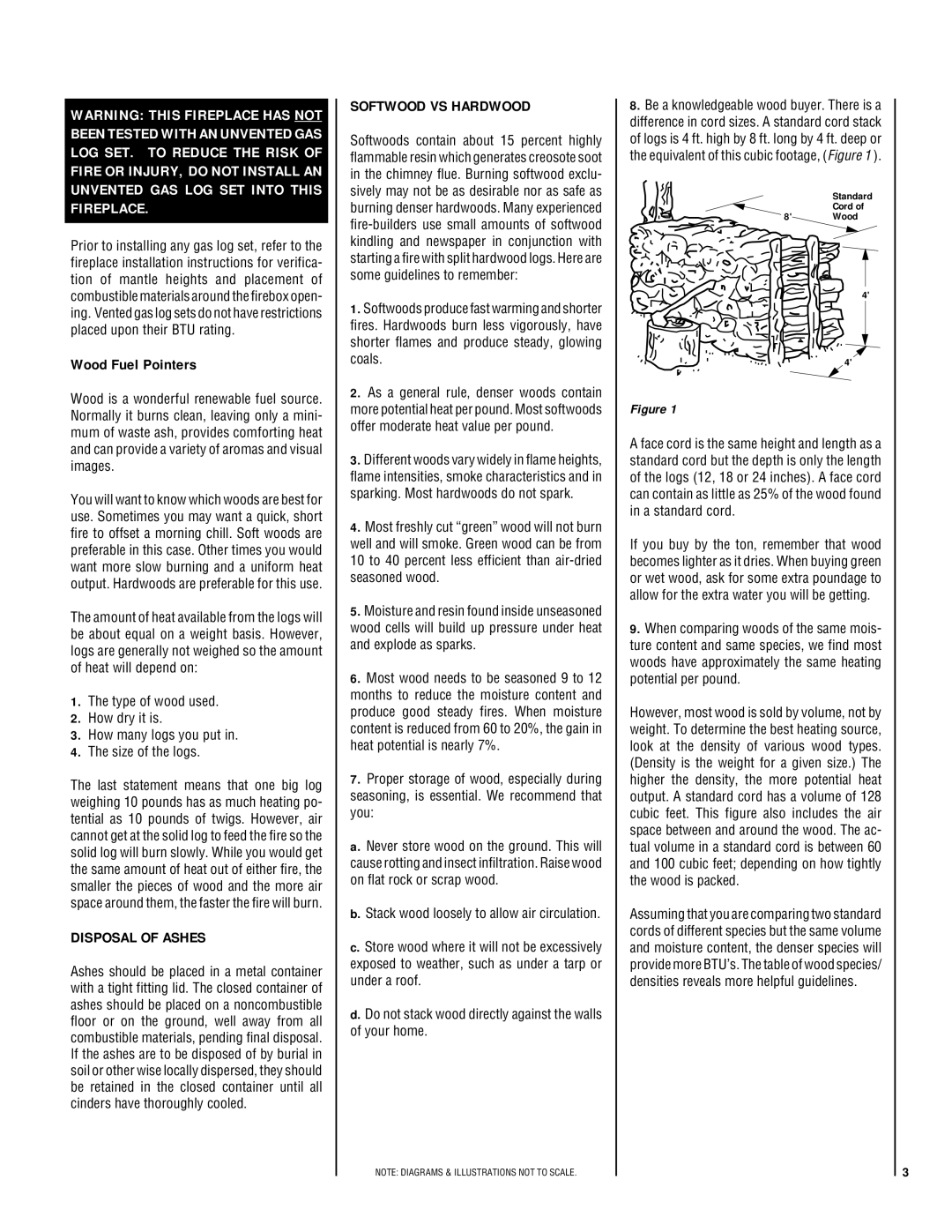LSO-43 specifications
LG Electronics has long been a leader in cutting-edge technology, and the LG LSO-43 is a prime example of the brand’s commitment to innovation and quality. The LSO-43, with its sleek design and advanced features, has quickly become a popular choice for consumers looking to enhance their home entertainment experience.One of the standout characteristics of the LG LSO-43 is its stunning display technology. Boasting a 43-inch 4K UHD resolution, the LSO-43 provides users with crisp, vibrant images that elevate viewing enjoyment. The integration of LG's proprietary NanoCell technology allows for enhanced color reproduction and wider viewing angles, making it perfect for family movie nights or hosting gatherings with friends.
In addition to its impressive visuals, the LSO-43 is equipped with Dolby Vision and HDR10 support, which delivers improved contrast and brightness. This combination ensures that both dark and bright scenes are rendered with incredible detail, appealing to both cinephiles and casual viewers alike. The dynamic color enhancement technology further boosts the colors, allowing for a more immersive experience.
Another notable feature of the LSO-43 is its smart functionality. Powered by LG’s webOS platform, users can easily navigate through a user-friendly interface that supports popular streaming apps such as Netflix, Hulu, Amazon Prime Video, and more. The integration of AI technology allows for personalized content recommendations based on viewing habits, ensuring that users can discover new favorites effortlessly.
For audio enthusiasts, the LSO-43 does not disappoint. It comes with built-in speakers that provide a surround sound experience and supports Dolby Atmos, creating an immersive sound environment that complements the stunning visuals. Furthermore, users can connect external sound systems and speakers seamlessly via Bluetooth or HDMI ARC, enhancing audio quality for an upgraded cinematic experience.
Connectivity is a strong suit of the LSO-43 as well. With multiple HDMI ports, USB inputs, and support for Wi-Fi and Ethernet, users can easily connect various devices, from gaming consoles to soundbars, making it a versatile hub for entertainment.
In summary, the LG Electronics LSO-43 stands out for its combination of advanced display technologies, smart features, and comprehensive connectivity options. This TV not only provides an exceptional viewing experience but also seamlessly integrates into modern smart homes, making it an excellent choice for anyone in search of quality and performance.

